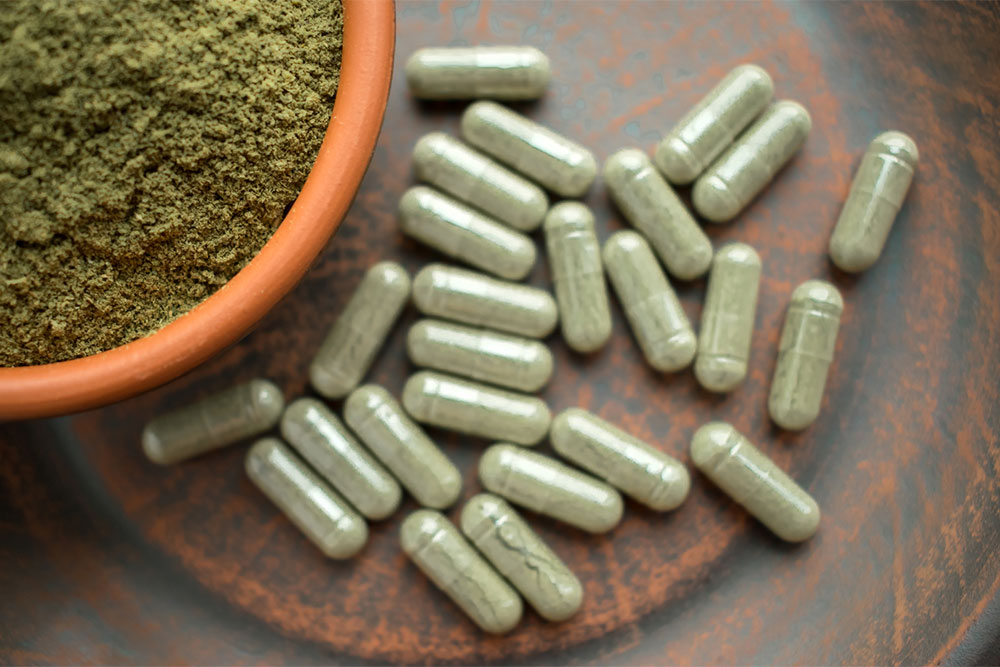4 benefits of gut health supplements

Poor gut health can be the cause of several health issues such as eczema and diabetes. One of the best ways to keep the gut healthy is by ensuring the gut microbiome is balanced. Probiotics play a huge role in maintaining gut health, and while they are present in certain foods, one can boost their intake by taking supplements. These supplements, also called gut health supplements, can help manage digestive issues and other conditions.
Replenishes good bacteria in the gut
Probiotics are live bacteria, also called the “good” bacteria. These good bacteria are present in the gut and are responsible for aiding digestion and maintaining good gut health. Often, these good gut bacteria get killed due to certain health issues and the treatment options required for them. If the bacteria is not replenished in time, certain harmful bacteria and viruses can take their place in the gut. In such cases, taking gut health supplements can be very beneficial. These supplements replenish good bacteria in the gut and help restore one’s gut health.
Helps reduce digestive disorders
Several studies have shown that probiotics help in digestion and aid in tackling digestive issues such as diarrhea. Most digestive issues occur due to an imbalance in gut bacteria. Probiotics help restore this balance and create a healthy gut environment, restoring healthy digestion. This is why gut health supplements can be very beneficial for digestive issues such as IBS, bloating, flatulence, and constipation. Gut health supplements can even help one restore their altered bowel habits.
Improves immune function
Many studies have also shown that gut health supplements can help improve immune function and fight certain diseases. It was found that certain probiotics can improve the body’s immune response, which then helps fight infections more effectively. Another study found that the strains of two of the good gut bacteria, called Lactobacilli and Bifidobacteria, can help reduce the severity of the common cold and flu. Additional research showed that probiotics can even reduce the severity of allergic conditions and certain skin ailments such as eczema.
Improves mood
Probiotics and gut health supplements can also improve one’s mood and emotional and mental health. It has been found that taking probiotics has helped reduce anxiety and depression and improve one’s memory. The reason for this could be that gut bacteria play a role in the production of neurotransmitters, which carry messages to the brain. Neurotransmitters then help manage a person’s mental health by regulating their sleep and mood. So, taking gut health supplements can prove to be quite effective in managing mental health.
One must consult one’s healthcare specialist before beginning to take probiotics. It is advisable to ask one’s doctor about the duration one must take the gut health supplements, if it will affect any ongoing treatment, and so on.






